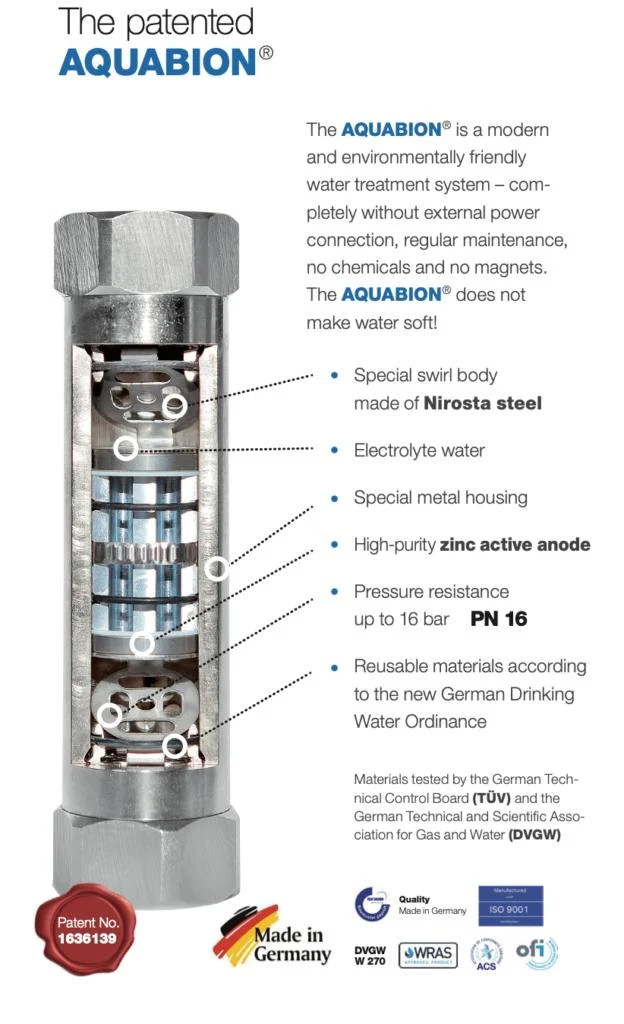DAKS Hacks: Water Conditioner vs Water Softener — Which Is Best for Kent Homes?
DAKS Hacks: Water Conditioner vs Water Softener — Which Is Best for Kent Homes?
If you live in Kent or nearby areas such as Dartford, Swanley, Orpington, or Bexley, you’ve likely noticed hard water issues. As local plumbers, we’re often asked to explain the difference between a water conditioner vs water softener in Kent. Here’s our straightforward comparison to help you decide which works best for your home.

Why Hard Water Causes Problems
Hard water contains minerals like calcium and magnesium. When heated, they form limescale that coats pipes, boilers, and taps. This buildup wastes energy, lowers water pressure, and shortens appliance lifespan. According to WaterSafe, Kent sits in one of the hardest water regions in the UK.
Understanding Water Conditioner vs Water Softener in Kent
Both systems tackle hard water differently:
- Water Softeners remove minerals entirely using salt-based ion exchange.
- Water Conditioners keep minerals but change their structure so they can’t cling to surfaces.
How a Water Softener Works
Softener units pass water through resin beads that swap calcium and magnesium for sodium ions, leaving you with true soft water and no scale buildup.
Pros
- Prevents limescale in plumbing and heating systems.
- Improves soap lather and reduces cleaning effort.
- Extends the lifespan of appliances and boilers.
Cons
- Needs salt refills and servicing.
- Raises sodium levels slightly.
- Produces some wastewater during regeneration.
How a Water Conditioner Works
Conditioners use electromagnetic or catalytic action to crystallise minerals so they remain suspended. The result: less scale, easier maintenance, and no salt.
Pros
- No salt, no discharge, and no maintenance.
- Compact design ideal for small Kent homes.
- Keeps healthy minerals in drinking water.
- Eco-friendly for properties with salt restrictions.
Cons
- Doesn’t produce true “soft” water.
- May allow minor limescale in kettles or still water.
- Less effective in extremely hard-water zones.
Maintenance & Cost Comparison
When comparing water conditioner vs water softener in Kent, consider upkeep and running costs. Softeners need salt refills every few months and occasional servicing, while conditioners are nearly maintenance-free. Over five years, a conditioner may cost less overall, but a softener provides the most complete protection for boilers and bathrooms.
Which Option Is Right for You?
Choose a Water Softener for full limescale prevention and best performance. Choose a Water Conditioner for low-maintenance, eco-friendly operation in smaller homes. Not sure? Book a free water test with our Kent plumbing team to see your hardness level.
FAQs
Does either system change drinking water taste?
Conditioners keep taste the same. Softeners slightly alter flavour due to reduced minerals, but you can add a separate drinking tap if preferred.
How long do these systems last?
Softeners typically last 10–15 years with maintenance. Conditioners can exceed 15 years thanks to their simple design.
Areas We Cover
DAKS Plumbing serves Kent, including Swanley, Dartford, Orpington, Bexley, Eynsford, Farningham, Hextable, West Kingsdown, and Crockenhill.
Contact DAKS Plumbing
Need advice on choosing a water conditioner vs water softener in Kent? Contact DAKS Plumbing for expert guidance, installation, and maintenance support.
